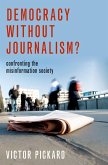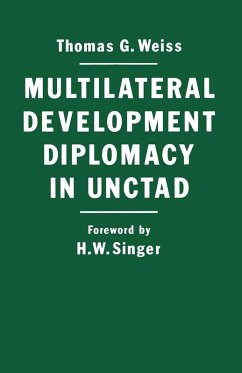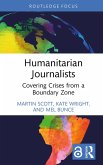Every two seconds a person is displaced, caught in one of the more than 40 active conflicts around the world that show no sign of ending. Since 1994, there has been ongoing war in the Democratic Republic of Congo, which has uprooted millions of people and resulted in the deaths of millions more. In the West, we have entered a political era where our border policies are underpinned by unending wars. At this critical juncture, how can journalists, especially those engaged in foreign correspondence, tell these stories? How can they make connections across time and space, and across politics, economics, environments, and crucially, people? Given its colonial history, are these connections possible for the profession of foreign correspondence? In Borderland, Chrisanthi Giotis argues that decolonization is possible and necessary for the development of a truly global, public sphere. New global narratives need to meaningfully include the voices, and knowledge, of those with the least power who are caught in resource-fuelled wars. Drawing on insights from postcolonial studies, international relations, development studies, and philosophy, which are brought to life through auto-ethnographic descriptions and analysis of "behind-the-scenes" events, Giotis introduces new reporting techniques for foreign correspondents. Borderland argues that decolonized reporting techniques will help journalists--and their audiences--move beyond the sociohistorical and political myopia that prevents us from communicating and understanding the reality of a complex world.
Dieser Download kann aus rechtlichen Gründen nur mit Rechnungsadresse in A, B, BG, CY, CZ, D, DK, EW, E, FIN, F, GR, HR, H, IRL, I, LT, L, LR, M, NL, PL, P, R, S, SLO, SK ausgeliefert werden.









